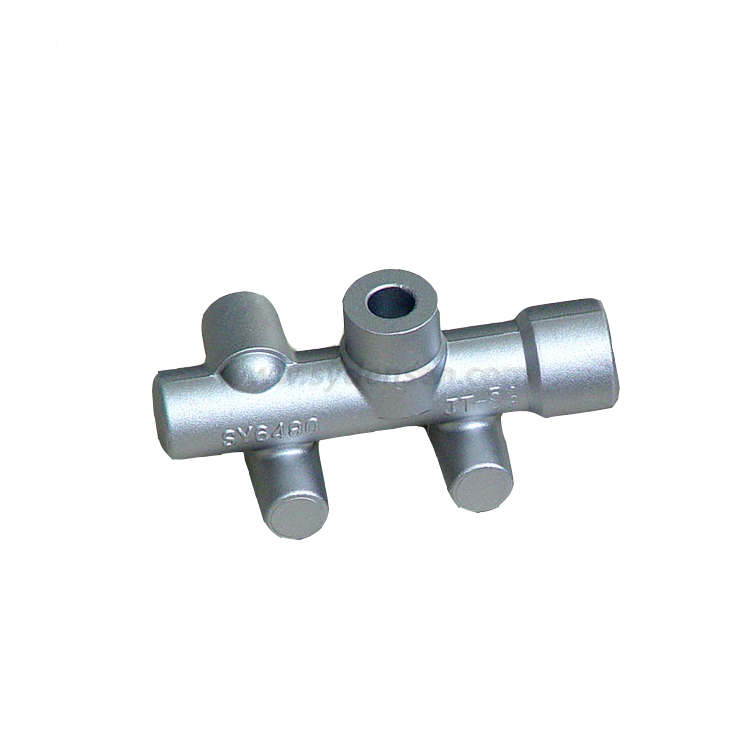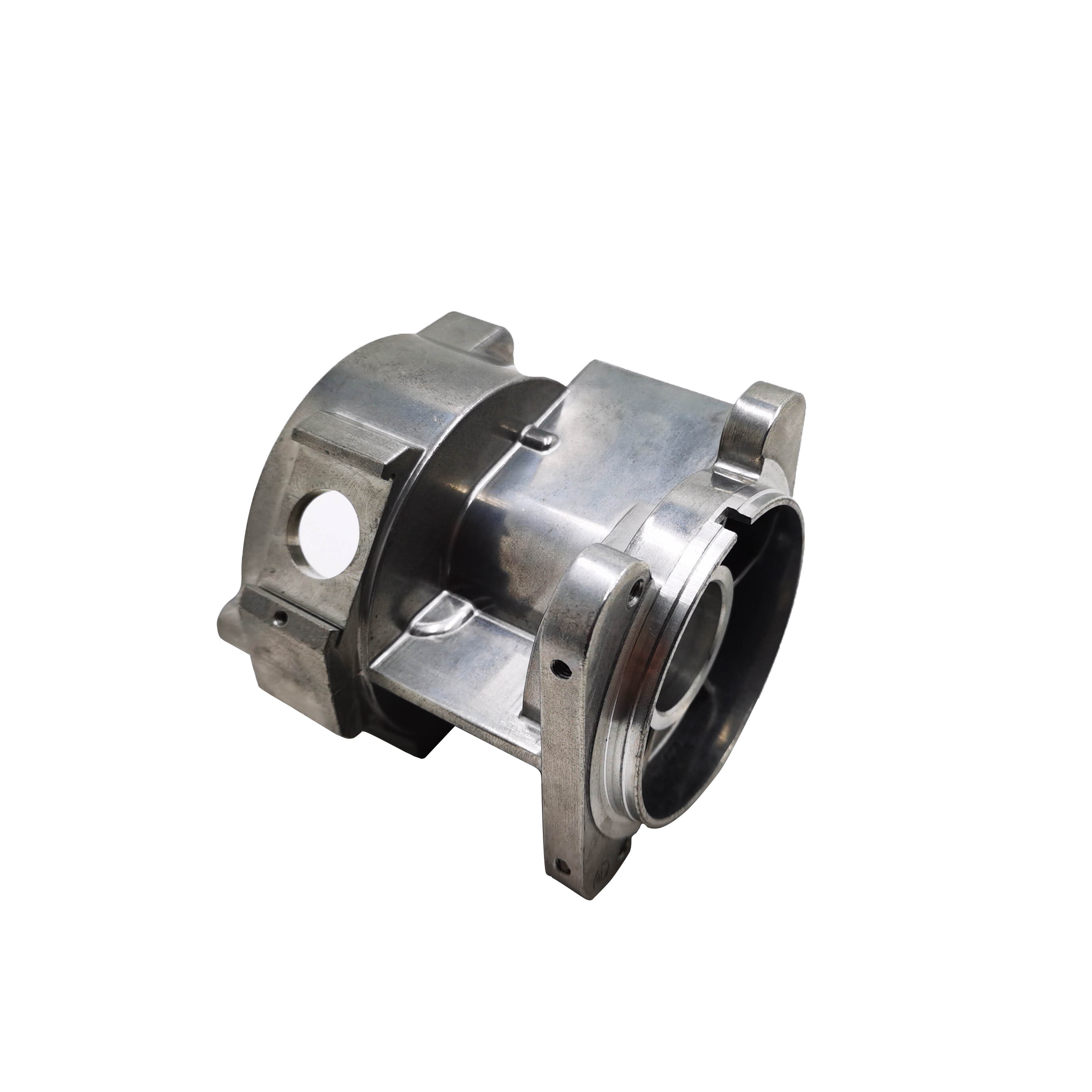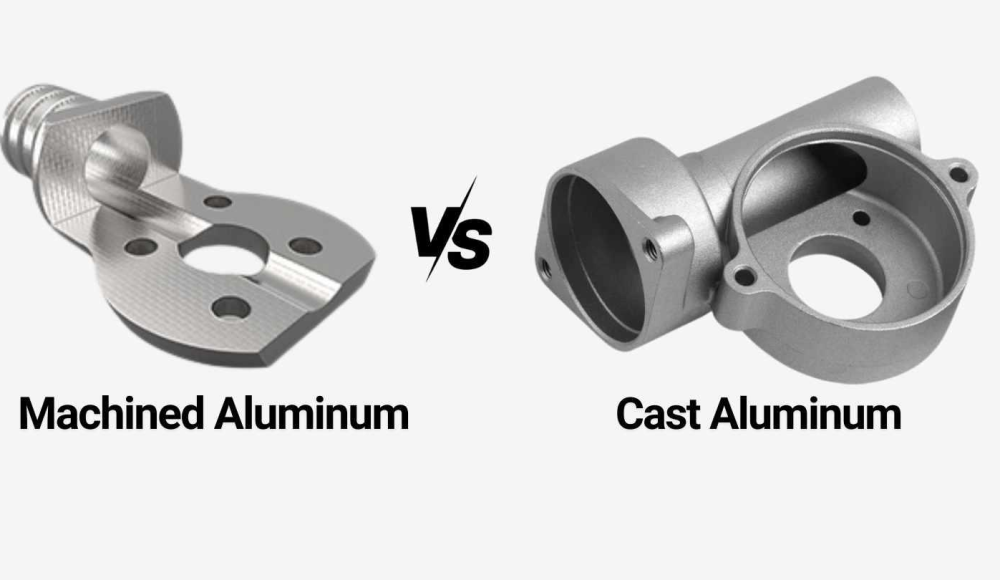A Comprehensive Guide to Picking the Right Shop Providers for Your Project Needs
Choosing the appropriate factory services is vital for the success of any task. Each spreading method-- sand casting, investment casting, and die casting-- has unique advantages. Understanding these alternatives assists in making informed decisions. Material option, production capabilities, and quality guarantee are key elements to think about. Furthermore, evaluating costs can influence long-lasting practicality. Precision aluminum casting. What elements should direct this decision-making procedure?
Comprehending the Different Kinds Of Foundry Solutions
While the world of factory solutions might seem complex initially glimpse, recognizing the different kinds can significantly enhance the production process. Factories usually concentrate on casting metals, and the primary kinds include sand casting, financial investment casting, die casting, and centrifugal spreading.
Sand spreading entails creating molds from sand and is optimal for large elements or low-volume production. Financial investment spreading, on the various other hand, offers high precision for complex styles, making it appropriate for aerospace or clinical applications. Pass away casting, identified forcibly liquified steel right into mold and mildews under high pressure, is effective for mass manufacturing of smaller sized components.
Centrifugal spreading uses rotational pressure to distribute liquified steel, producing solid, round elements. Each solution kind has distinct advantages and is chosen based on specific job requirements. Understanding these differences enables makers to choose the most ideal shop solution, eventually boosting effectiveness and product top quality.
Secret Elements to Take Into Consideration in Product Selection
Picking the proper product for foundry services is a vital action that affects the total success of a project. Trick consider product option consist of mechanical residential or commercial properties, thermal resistance, and corrosion resistance - Precision aluminum casting. Recognizing the intended application and its needs is essential; products should stand up to functional stress and anxieties while keeping stability over time
An additional crucial consideration is the product's compatibility with the selected manufacturing procedure, as some materials are much better fit for details strategies. Cost-effectiveness additionally plays a substantial role, as budget plan restrictions can restrict choices.

Finally, availability and preparation of materials can impact job timelines, making it essential for task supervisors to assess these aspects thoroughly. By thoroughly evaluating these elements, one can guarantee an extra effective and reliable foundry service experience.
Analyzing Production Abilities and Technologies
Exactly how successfully a factory can fulfill job specifications rests on its manufacturing capacities and innovations. A thorough analysis of these aspects is vital for project success. Production capabilities encompass the shop's capacity to handle varying job dimensions, intricacies, and timelines. Recognizing the foundry's tools and equipment is important, as contemporary innovations such as computer system numerical control (CNC) machining and progressed mold-making methods can considerably improve accuracy and effectiveness.
Additionally, the shop's use innovative products and processes, such as 3D printing or shed foam casting, can supply benefits regarding layout adaptability and cost-effectiveness. It is likewise important to review the factory's capacity to scale manufacturing, guaranteeing that they can suit future boosts in demand without endangering top quality. By very carefully evaluating these variables, job managers can make educated choices concerning which foundry is ideal suited to fulfill their specific manufacturing needs and technical assumptions.
Relevance of Quality Control in Metal Spreading
Quality assurance stands as an important column in the metal spreading industry, making certain that every component meets stringent specifications and criteria. This process includes organized surveillance and examination of each stage of production, from initial design to last inspection. Executing extensive high quality assurance protocols boosts the reliability and efficiency of actors components, decreasing the probability of defects that can jeopardize architectural stability.
Effective quality assurance fosters count on in between clients and factories, as adherence to high standards click to investigate signifies dedication to quality. It likewise lessens expensive rework and hold-ups, enhancing production procedures. By determining potential concerns early, quality guarantee not only safeguards completion item yet also adds to continual renovation within the shop's procedures. Eventually, prioritizing top quality guarantee in metal spreading is important for achieving consumer complete satisfaction and preserving an one-upmanship in the sector.
Evaluating Cost-Effectiveness and Spending Plan Restraints
While going across the complexities of foundry services, evaluating cost-effectiveness and budget plan restrictions arises as an essential factor for organizations. Understanding the overall price of possession involves even more than simply the first cost; it requires an evaluation of long-lasting expenditures, including products, labor, and operational performances. Firms need to request comprehensive quotes that detail all prospective expenses, go to website allowing a clearer comparison between different factories.
Additionally, businesses must analyze their details task needs versus budget constraints. This consists of examining the trade-offs in between lower expenses and potential effect on top quality, lead times, and reliability. It is crucial to take into consideration whether the selected shop uses scalable solutions that can suit future demands without significant financial pressure. By thoroughly balancing price elements with job objectives, firms can make informed decisions that optimize both budget and efficiency, ensuring successful outcomes for their foundry tasks.
Regularly Asked Questions
Just How Can I Make Sure Prompt Distribution of My Shop Job?

What Accreditations Should a Shop Provider Have?
A credible shop solution company need to possess certifications such as ISO 9001 for high quality management, ISO 14001 for environmental administration, and industry-specific certifications that demonstrate conformity with safety and security and efficiency standards pertinent to the casting process.
Can I See the Shop Prior To Making a Choice?
Yes, seeing the continue reading this factory before choosing is commonly suggested. This permits prospective clients to examine the facility, fulfill the team, and assurance that the solutions straighten with their certain job needs and criteria.
What Is the Typical Preparation for Custom Castings?
The typical lead time for custom spreadings ranges from four to twelve weeks, depending upon the intricacy of the layout, material specifications, and the factory's capacity. Timely interaction can typically accelerate the procedure.
Exactly How Do Foundries Handle Design Modifications Throughout Manufacturing?
Shops usually suit layout changes during manufacturing by applying adaptable processes. They assess the influence on prices and timelines, interact with clients, and readjust workflows to ensure high quality while minimizing interruptions to the manufacturing schedule.
